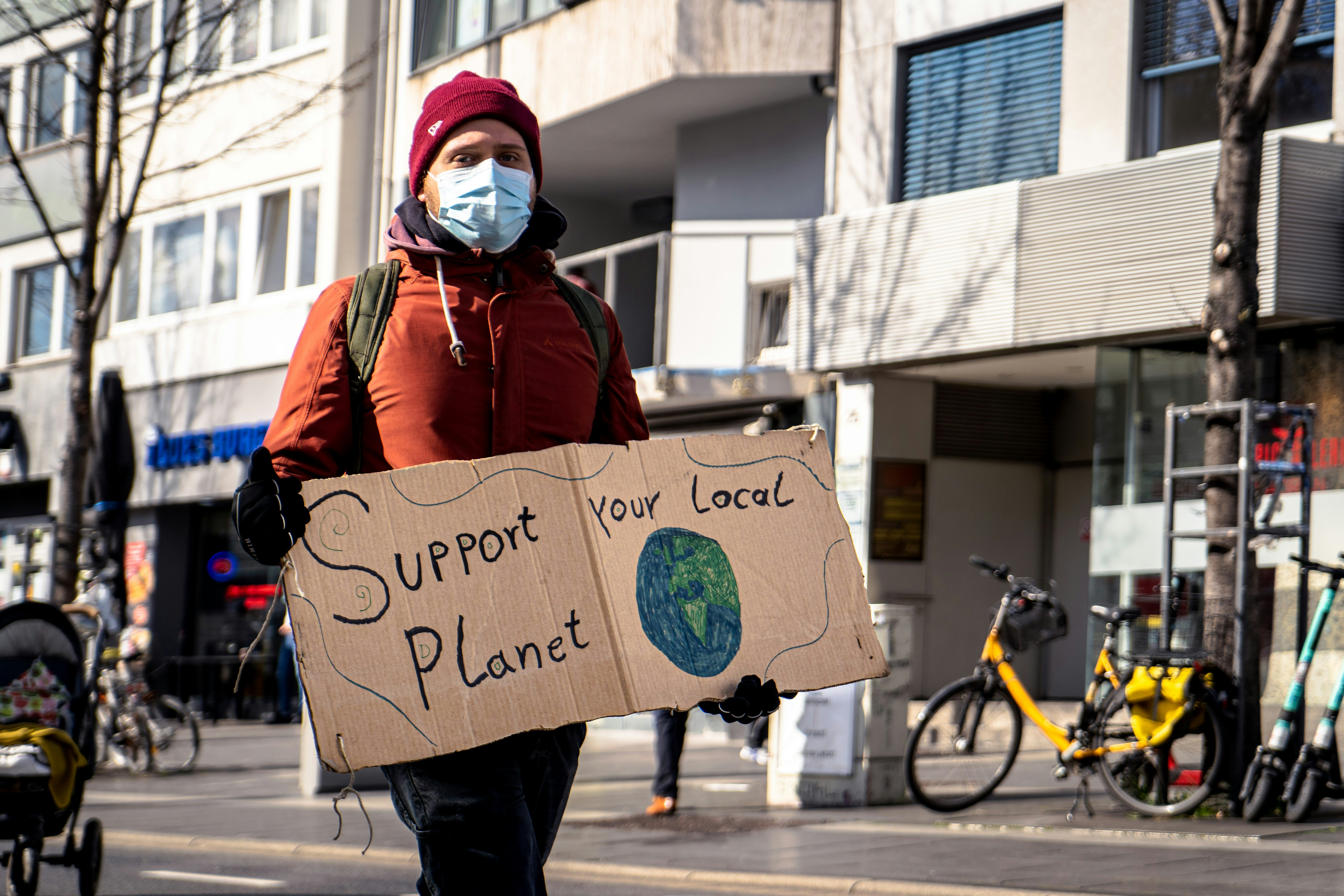The Ongoing Debate Surrounding Qualified Immunity and its Implications
Introduction: Qualified immunity, a legal doctrine that protects government officials from personal liability, has seen much debate recently. This article explores the complex terrain of this doctrine, its historical context, future implications, and its impact on society.

Historical Background of Qualified Immunity
Qualified immunity originated in the United States in the 1960s as a response to the civil rights movement, aiming to protect law enforcement and other government officials from frivolous lawsuits. The doctrine was established in the Supreme Court case Pierson v. Ray, where the court stated that officers acting “in good faith and with probable cause” were immune from civil lawsuits.
The Controversy Around Qualified Immunity
In recent years, qualified immunity has come under scrutiny due to concerns about accountability in instances of police misconduct. Critics argue that the doctrine shields officials from being held accountable for their actions, while proponents believe it is necessary to protect officers from excessive litigation.
Recent Legal Developments
Several recent court rulings have challenged the status quo of qualified immunity. In 2020, the U.S. Court of Appeals for the Fourth Circuit denied qualified immunity to officers involved in a shooting, stating that “This has to stop.” This case, along with others, demonstrates a growing willingness among some courts to reexamine the doctrine.
Current Policy Discussions
There is a growing movement in Congress to reform or even eliminate qualified immunity. The George Floyd Justice in Policing Act, passed by the House in 2021, would do away with the doctrine, but it faces significant opposition in the Senate.
The Impact on Society
The debate over qualified immunity has far-reaching implications for society. If the doctrine is reformed or abolished, it could lead to greater accountability for government officials. However, it could also potentially expose these individuals to more litigation and personal risk.
In conclusion, the issue of qualified immunity is a complex and contentious one, with significant societal implications. As the debate continues, it’s clear that this legal doctrine will remain a central point of discussion in legal and governmental circles.




